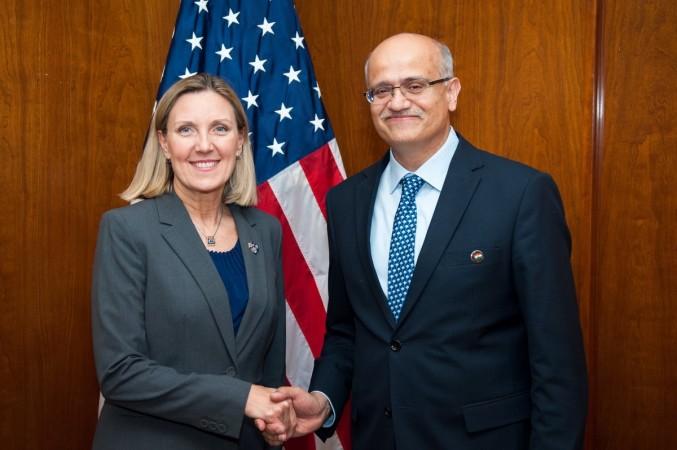
India will build six nuclear power plants with US collaboration, an agreement for which was made by officials of the two countries in Washington indicating the growing nuclear cooperation between the two governments.
The two countries said in a joint statement issued at the conclusion of the ninth round of India-US Strategic Security Dialogue, co-chaired by Foreign Secretary Vijay Gokhale and Andrea Thompson, the US Under Secretary of State for Arms Control and International Security, on March 13 that the two nations were committed to strengthening the bilateral security.
"They committed to strengthening bilateral security and civil nuclear cooperation, including the establishment of six US nuclear power plants in India," the joint statement said.
The officials of the two countries recalled that nuclear cooperation between the nations became possible after they signed a historic agreement to cooperate in the civil nuclear energy sector in October 2008.

The India-US civil nuclear cooperation agreement made possible India's bid for membership on the Nuclear Suppliers Group (NSG) giving a special waiver to India and enabling it to sign cooperation agreements with a dozen countries.
India has signed civil nuclear cooperation agreements with the US, France, Russia, Canada, Argentina, Australia, Sri Lanka, the UK, Japan, Vietnam, Bangladesh, Kazakhstan and South Korea.
The United States on Wednesday reaffirmed its support to India's early membership in the 48-member NSG. Notably, China has blocked India's pending membership to the elite grouping that seeks to prevent the proliferation of nuclear weapons.
The officials also exchanged views on a wide range of global security and non-proliferation challenges and reaffirmed their commitment to working together to prevent the proliferation of weapons of mass destruction and their delivery systems and to deny access to such weapons by terrorists and non-state actors.
On Tuesday, Indra Mani Pandey, India's additional secretary for disarmament and international security affairs, and Yleem DS Poblete, US assistant secretary of state for arms control, verification and compliance, co-chaired the third round of India-US Space Dialogue, according to the report.
The two delegations discussed trends in space threats; respective national space priorities; and opportunities for cooperation bilaterally and in multilateral fora.
"The two sides exchanged views on a wide range of global security and non-proliferation challenges and reaffirmed their commitment to work together to prevent the proliferation of weapons of mass destruction and their delivery systems and to deny access to such weapons by terrorists and non-state actors," according to a statement by the External Affairs Ministry.














